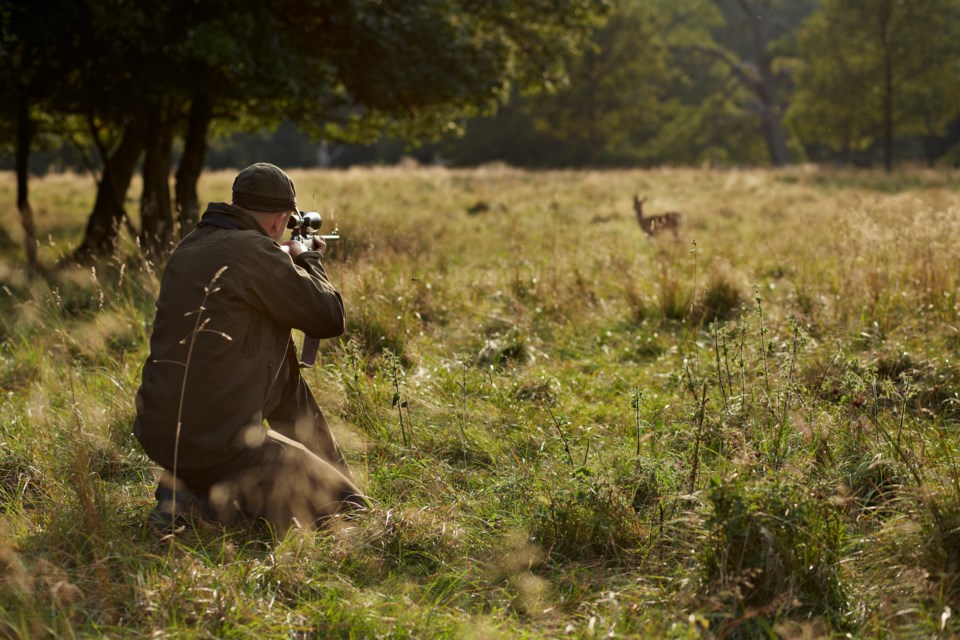REGINA - In order to understand the extent and distribution of Chronic Wasting Disease (CWD) in Saskatchewan, the Ministry of Environment is encouraging hunters to submit the heads of deer, moose and elk harvested this season for testing. Testing is easy and free of charge and is available for cervid species harvested in any wildlife management zone (WMZ) around the province.
"Chronic Wasting Disease is a serious issue in our province and hunters play a vital role in its detection and surveillance," Environment Minister Warren Kaeding said. "Last year, nearly 3,000 heads were submitted for testing. This level of sampling wouldn't be possible without the dedication of the hunting community and is critical to the success of the CWD Surveillance Program."
CWD is an infectious central nervous system disease in cervids, fatal to the infected deer. There is no known cure and is currently found in 56 of Saskatchewan's 83 wildlife management zones.
Animals harvested in zones 2W, 9, 10, 35 and 37 are of particular interest, as ministry biologists would like to obtain further information about the prevalence and spread of CWD in these areas. The ministry is also interested in samples from zones 50 and 55 to evaluate CWD in the boreal transition region and the risk of disease transmission to cervids in the boreal forest, including the threatened boreal caribou.
In 2020, testing found CWD in five moose in the province. As a result, moose hunters are encouraged to submit moose for testing in order to gain a better understanding of the disease in this species, particularly in areas where CWD is known to occur in deer populations.
Prior to dropping off heads for testing, you must obtain a CWD Tracking Number from the cwdsk.ca website. Heads can be submitted for testing at a number of designated drop-off locations across the province throughout the hunting season. For a complete list of drop-off sites and information on how to submit a sample for testing, visit www.saskatchewan.ca/cwd.
Although there are no documented cases of CWD in humans, hunters are advised to refrain from eating or distributing meat that has tested positive. If your animal tests positive, you can dispose of your carcass or meat in a ministry-approved landfill.
Processed meat may be double-bagged and disposed of in regular household waste, in limited quantities. Landfill operators should be contacted prior to disposal, as not all landfills accept animal carcasses.




